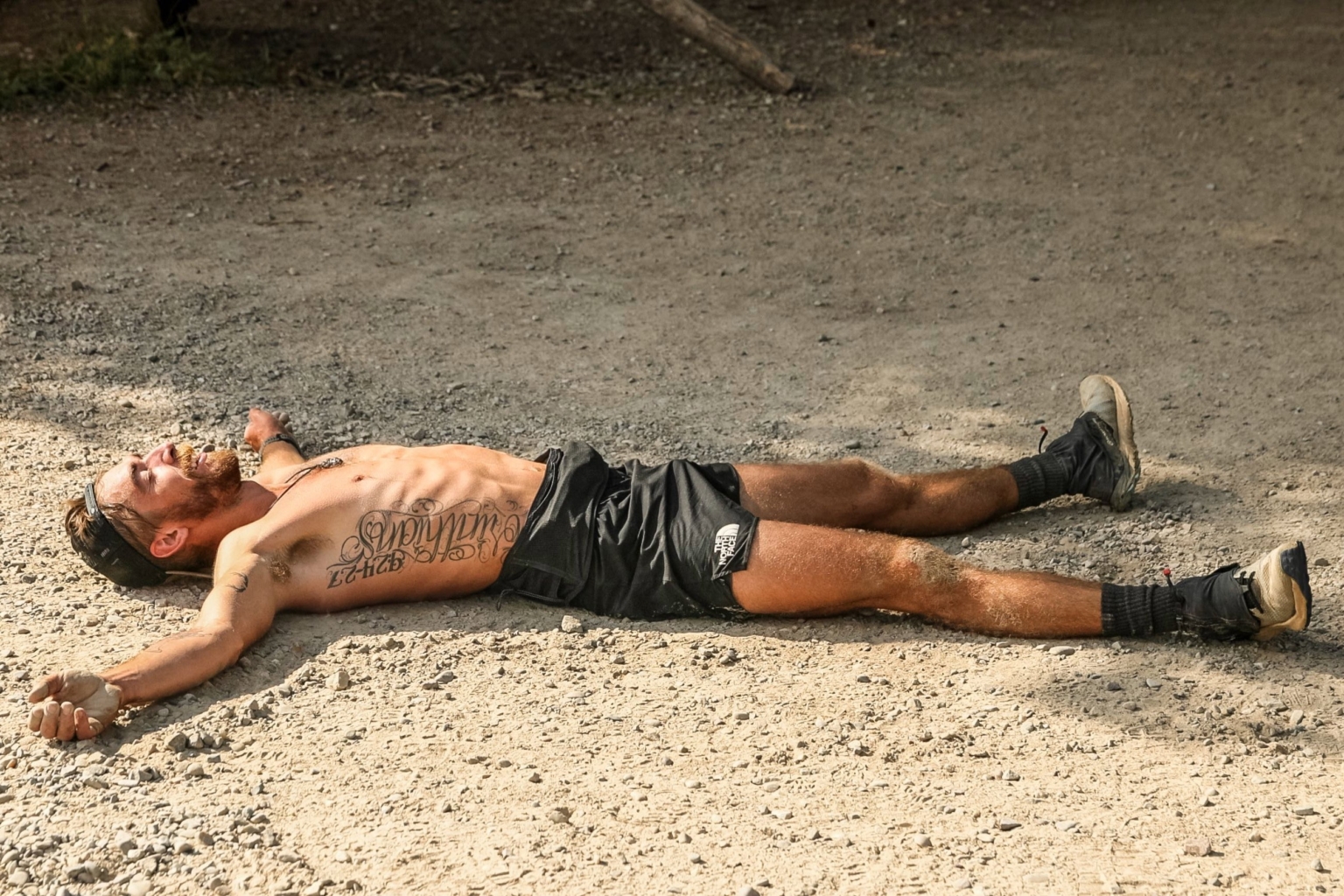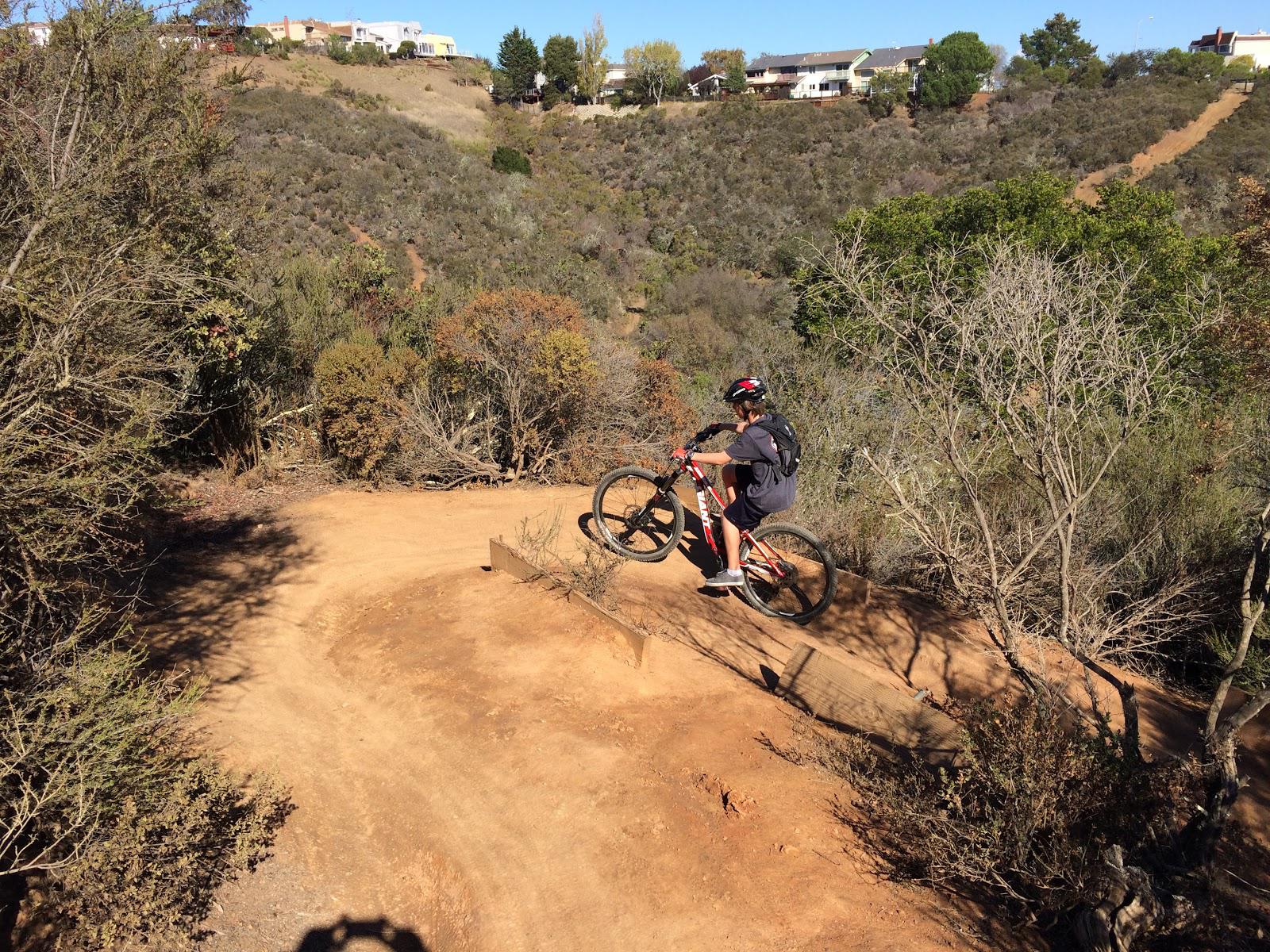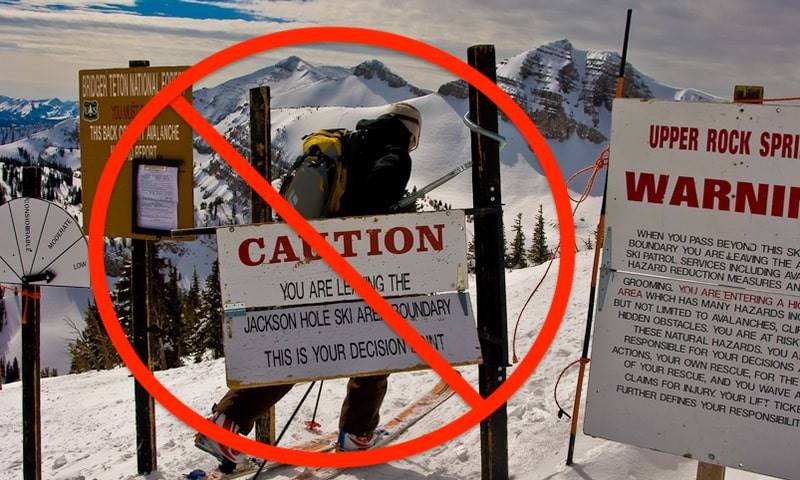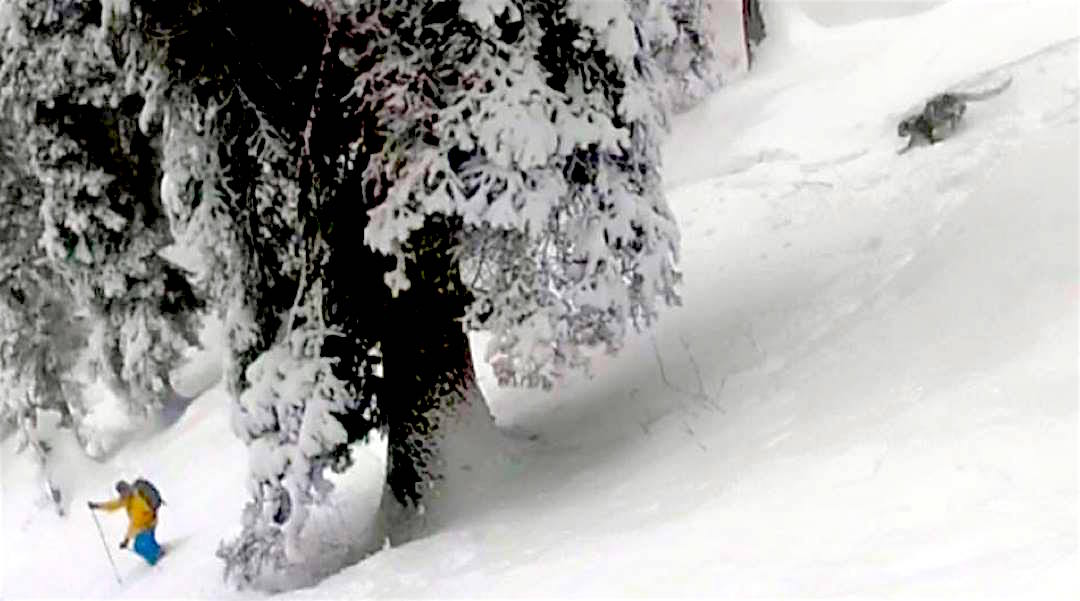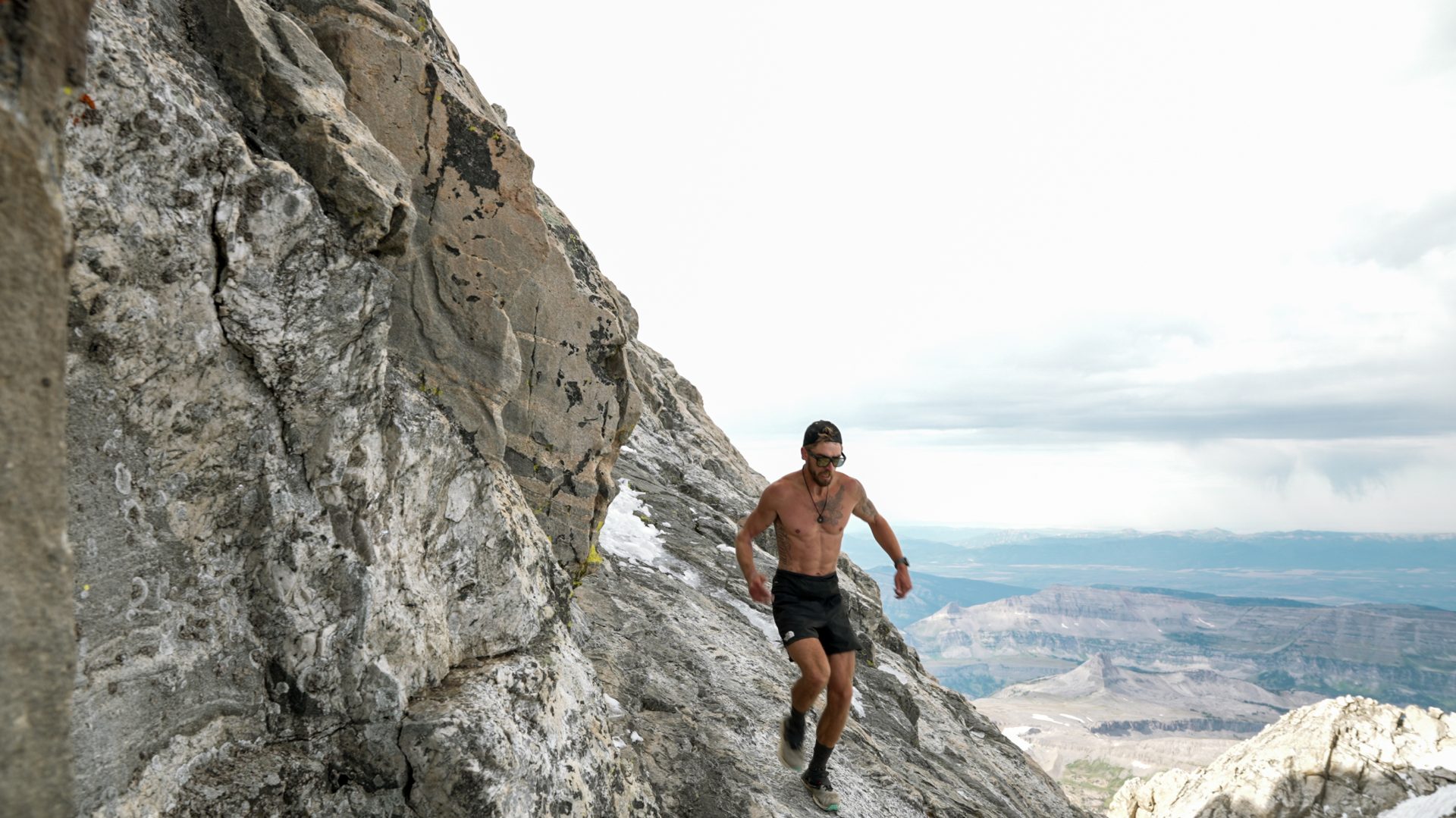
The National Park Service has rescinded its support for the federal prosecution of ultrarunner Michelino Sunseri, who is facing charges after cutting a switchback during a speed record attempt on the Grand Teton last year. Sunseri, 32, of Idaho, had completed the demanding 13.2-mile round-trip route from Lupine Meadows to the 13,775-foot summit of the Grand Teton in 2 hours, 50 minutes, and 50 seconds on Sept. 2, 2024—a time that would have broken the standing fastest known time (FKT). But a small detour off the official trail, recorded on his GPS watch and posted to Strava, sparked a wave of scrutiny and ultimately disqualified the effort.
The National Park Service cited Sunseri for traveling off designated trails, a federal petty offense. In the months that followed, he was offered a plea deal that included a five-year ban from the park and a fine of up to $5,000, or a misdemeanor conviction carrying a potential six-month jail sentence. However, in a reversal first reported by Jackson Hole News & Guide, NPS Deputy Director of Operations Frank Lands wrote in a May 19 letter that the agency was no longer supporting prosecution. “We believe that the previously offered punishment, a five-year park ban and fine, is an overcriminalization based on the gravity of the offense,” Lands stated.
Despite the NPS’s shift in position, the U.S. Attorney’s Office for the District of Wyoming has chosen to move forward with the case. Nicole Romine, chief of the office’s criminal division, informed park officials that prosecution would proceed. A bench trial was initially scheduled for May 20. Sunseri has pleaded not guilty. In prior interviews, he said he was stunned by the severity of the response. “I’m being prosecuted by the federal government for trail running,” he told SFGATE in February. “I’m feeling a little confused that this is even happening,” Sunseri said. He also said he proposed alternative consequences, including volunteer trail work, but those offers were declined.
According to court documents and park officials, Sunseri veered off the designated trail on the descent by cutting across a large switchback near Garnet Canyon. The deviation—roughly 100 feet—occurred on what he described as a “historic climber’s trail” used by many past record holders. Still, Grand Teton rangers have emphasized that the route was clearly posted as off-limits. In the weeks following his run, the FKT website rejected his record submission, and one of his sponsors, The North Face, quietly deleted a congratulatory post. Though he still retains his sponsorship, the fallout has sparked ongoing debate within the trail running community over ethics, environmental responsibility, and enforcement.
A petition started by a friend of Sunseri has collected more than 2,000 signatures calling for the charges to be dropped. Critics of the prosecution argue that the shortcut was minor and consistent with historic use. Supporters of the citation, including some park officials and environmental advocates, say public figures must model adherence to regulations designed to protect fragile alpine ecosystems.
The Grand Teton, the tallest peak in the Teton Range, has long been a proving ground for speed records in mountain running. But in recent years, tension has grown between athletes chasing FKTs and land managers seeking to preserve trails. Following a similar incident in 2012, signs were posted to discourage switchback cutting, and rangers warned that violations would be ticketed.
Sunseri’s case has become a landmark in this ongoing conflict—a clash between ambition and accountability on public lands. As he awaits his day in court, many in the outdoor community are watching closely to see how the justice system balances athletic achievement with conservation ethics.
